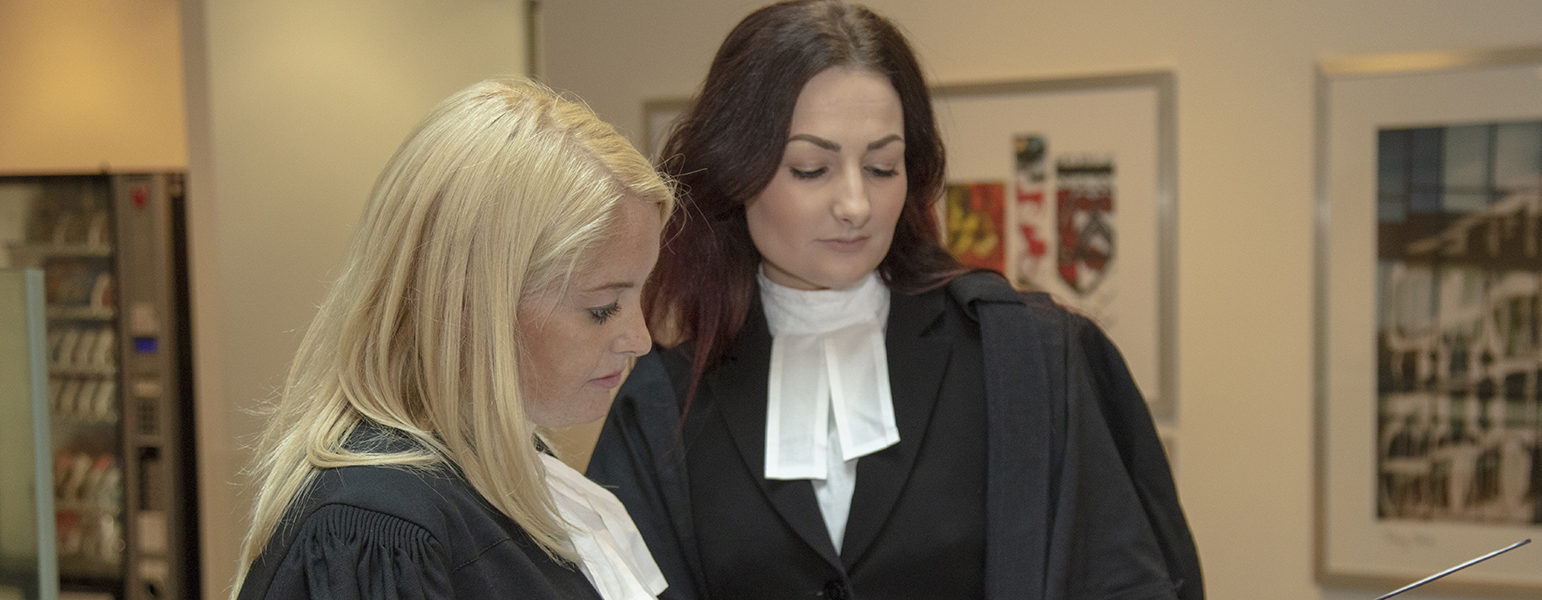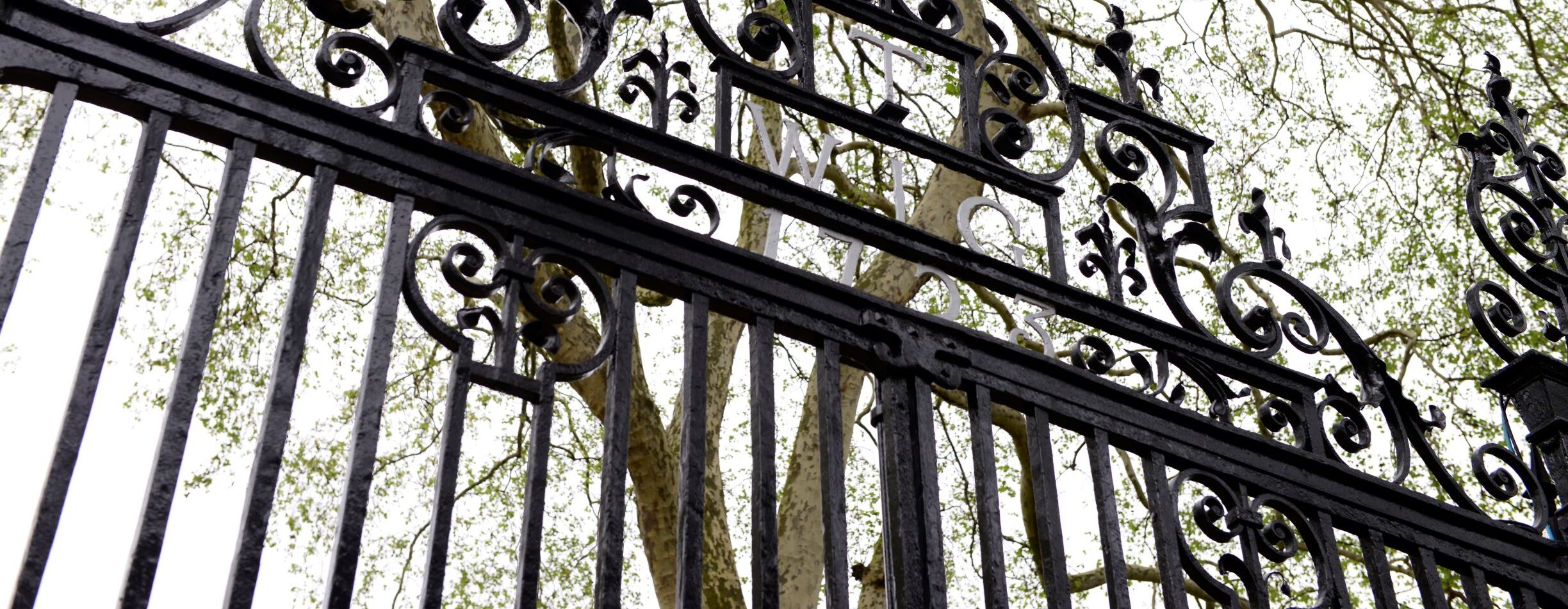Revision considered to Age of Criminal Responsibility
POSTnote
The Parliamentary Office of Science and Technology published a POSTnote in June 2018 addressing the current Age of Criminal Responsibility (ACR) in England and Wales, which remains at 10 years of age, (the lowest in Europe).
The POSTnote addresses the issue of ACR in relation to international legal standards, scientific research on children’s mental and moral development, and alternative approaches to dealing with children in conflict with the law.
The ICCA has so far published seven guides dealing with different aspects of the prosecution and representation of children and young people in the criminal justice system (CJS). We have made two films dealing with engagement and communication and child exploitation. We have not as yet addressed the current ACR.
National and International stance on ACR
The UN Convention on the Rights of the Child (UN CRC) declared 11 years ago that an ACR of younger than 12 years is NOT internationally acceptable. In spite of this, consecutive governments in England and Wales, dating back to 2004, have maintained that there is no intention to review the ACR. A 2011 statement on Youth Justice declared “It is entirely appropriate to hold (children over the age of 10) to account for their actions if they commit an offence”. In 2012, the government position was that “young people aged 10 and over are able to differentiate bad behaviour and serious wrongdoing”.
A Private Members’ Bill proposing to increase the ACR to 12 years is being debated in the House of Lords but at the second reading the Government responded in terms that the current ACR “is appropriate and accurately reflects what is required of our justice system”.
Against the government’s position, there is considerable dissent from the UN CRC, which has repeatedly criticised the UK and called for the ACR to be raised to at least 12. Other influential organisations echo this opposition including the Children’s Commissioners, the Royal Society, the Royal College of Psychiatrists, and the All Party Parliamentary Groups for Children and for Women in the Penal System.
First time child entrants to CJS
In the last decade, there have been successful measures put in place to reduce the number of children who enter the CJS for the first time but they have not addressed the behaviour of children. Lamentably, many child entrants, who have been criminalised, are either BAME, looked after and/or disadvantaged children or victims of crime.
The incidence of mental illness and substance abuse among these children is high but, arguably more importantly, 60-90% have communication difficulties and approximately one-fifth of children entering the CJS suffer from autism spectrum disorders, and/or ADH. This raises the complicating factor of their effective participation in any pursuant proceedings.
Brain development of children
The ICCA has written before about the progress being made by academics and researchers into the adolescent brain and its rate of development. Between the ages of 10 to19 years there is significant neurodevelopmental and behavioural change. “An increase in impulsive, risk-taking and sensation-seeking behaviour, peaking in late adolescence before decreasing, has been observed across all cultures studied”. It raises fundamental questions regarding the extent to which children should be held culpable for their actions. Criminal culpability is not simply an understanding of the difference between right and wrong. The Postnote sets out the complexities surrounding a child’s capacity to become morally and criminally responsible. Some have argued this is not achieved until the mid-teens.
Outcomes for child offenders
It is known that many of the children who are criminalised in England and Wales go on to reoffend with those who receive the harshest punishment being the most likely to reoffend. England and Wales has one of the highest rates of child detention in a penal institution and yet is among those nations with the poorest outcomes with regard to reoffending and rehabilitation. There are a plethora of issues that line up to make this a depressing picture including the treatment of children in custody where they are often subjected to physical restraint, solitary confinement and forcible stripping. Across the spectrum, there is a dearth of expertise and fundamental training for staff and too few educational and occupational opportunities for incarcerated children. The MOJ is still working though the key recommendations in the Taylor Review.
Changes to criminalisation if the ACR is raised
If the ACR were to be raised to 12 in the UK, the impact on the welfare system for 10-11 year old offenders would be minimal. In other jurisdictions, where the ACR is over 12, young offenders are managed by relaying on welfare and restorative models – this can include detention.
The ICCA is committed to supporting excellent standards of advocacy for practitioners who work with children and young people in the CJS. For guidance on some of the more complex areas of practice see the Youth Justice Advocacy page on this website.


